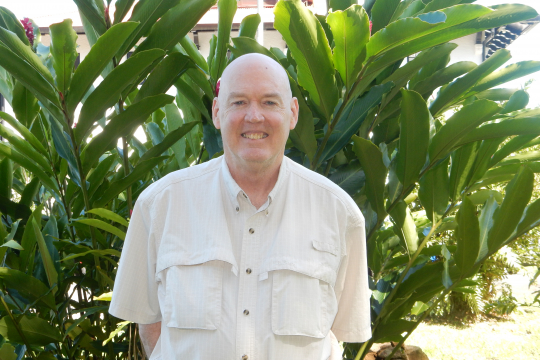Robert R. (Bob) Hearne, a senior Natural Resouce Economist from North Dakota State University, United States of America, is visiting EfD Central America center, from January to June 2023, to conduct research on evolving water management institutions in Central America, thanks to a Fullbright Scholarship.
He is currently a Professor in the Department of Agribusiness and Applied Economics at North Dakota State University. However, from 1998 to 2001, he worked at CATIE, the host institution of EfD Central America, as the Academic Coordinator of the MS program in Environmental Economics.
The researcher decided to return to Costa Rica to regain experience and expertise in Tropical America regarding economic analysis of water resources management policies and institutions, which are his main research topics of interest.
Aims to reduce waterborne diseases
During the six months, he will be a member of the EfD Central America team, providing the possibility to create alliances, exchange knowledge, and build deeper experiences about the situation of water resources. He is also looking to teaching an MS class in Environmental Economics.
"I will study surface water quality and wastewater treatment in Costa Rica," Robert Hearne explained.
"Although Costa Rica maintains a reputation for its beautiful and diverse natural environment, surface water quality has remained problematic."
The initial research will look at the placement and performance of wastewater treatment plants, with the possibility to expand the analysis into wastewater from coffee processing.
According to Robert Hearne, it's important for society to study these topics because efforts to improve surface water quality will improve recreation and tourism, as well as reduce water treatment costs and waterborne diseases.
By: Marianela Argüello L.
